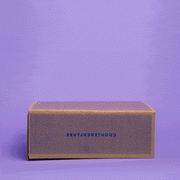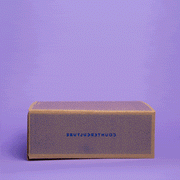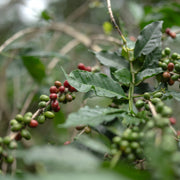Along with coffee farms and coffee roasters, coffee consumers also play a role in the sustainability of the coffee value stream.
Everyone can influence coffee's economic, social, and environmental impact with their decisions. Who you buy coffee from, how you brew it, and what you do with the leftover coffee makes a difference.
Reducing Food Waste And Keeping Coffee Out Of Landfills

One of the easiest and most tangible ways for people who brew at home to make a positive impact is by keeping coffee grounds out of the landfill. Landfills produce methane gas, which contributes to climate change—a problem that is causing many issues for coffee farmers and consumers alike. To alleviate this global problem, use coffee grounds in your garden or turn them into compost!
Coffee grounds provide generous amounts of phosphorus, potassium, magnesium, and copper, which are good for healthy soil. You can apply coffee grounds as a top-dressing to nitrogen-loving plants like lettuces, roses, and most perennials.
Alternatively, add coffee grounds to your compost pile as green material high in nitrogen to balance with brown materials like leaves. Grounds can also be used in compost-generating worm bins. While worms may enjoy the coffee grounds, many pests do not. Caffeine is a natural insecticide! So you can also use coffee grounds to make an insect barrier if you need help keeping the slugs out of your garden.
If you're not into gardening, you can still keep coffee grounds out of the landfill through commercial composting. Toss your paper filter and grounds directly in the bin you use. Our Training Centers compost coffee grounds and other compostable waste using local companies whenever possible!
Brewing Coffee With Sustainability In Mind

We can't just focus on the waste products of making coffee, though. We can improve our brewing practices, too! The energy and water used to brew coffee contribute substantially to its footprint. Here are some easy ways to make your at-home routine more sustainable!
Weigh your water before you heat it, so you only use as much energy as you need. Does your recipe call for 500g of water total? Weigh out 525g (always a tiny bit extra, just in case). This way, you limit the energy used in heating to the smallest amount possible.
Turn off your equipment when it's not in use to save electricity. If you have a home filter coffee maker, grinder, or espresso machine, make sure it's not sitting on and idle when you're not actively using it.
Check your coffee packaging for recyclability or compostability and dispose of it accordingly. A lot of coffee packaging out there is recyclable or compostable, but it may have an element like a one-way valve or a tin tie that needs to be removed before it is sorted (like ours!). Be sure to remove these elements so the package doesn't accidentally make its way into the trash when it is sorted out at the recycling or composting center.

Whether you plan to consume your coffee at home or take it with you, choose a reusable mug! Ask your local coffee shop if they offer a discount if you bring your own cup. Then you can be environmentally and economically responsible all in one trip!
Finally, purchase coffee from roasters who are making a positive difference in the sustainability of the coffee value stream. Check out our transparency reports to learn more about Counter Culture Coffee's sustainability efforts!
There are so many ways, big and small, that you can make a difference. We hope you'll join us on the journey. Reach out on Instagram, Twitter, or TikTok and let us know how you are practicing sustainable coffee consumption.






